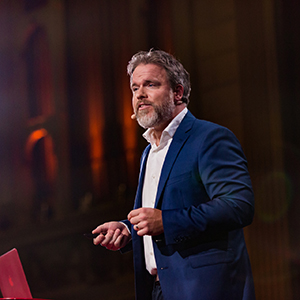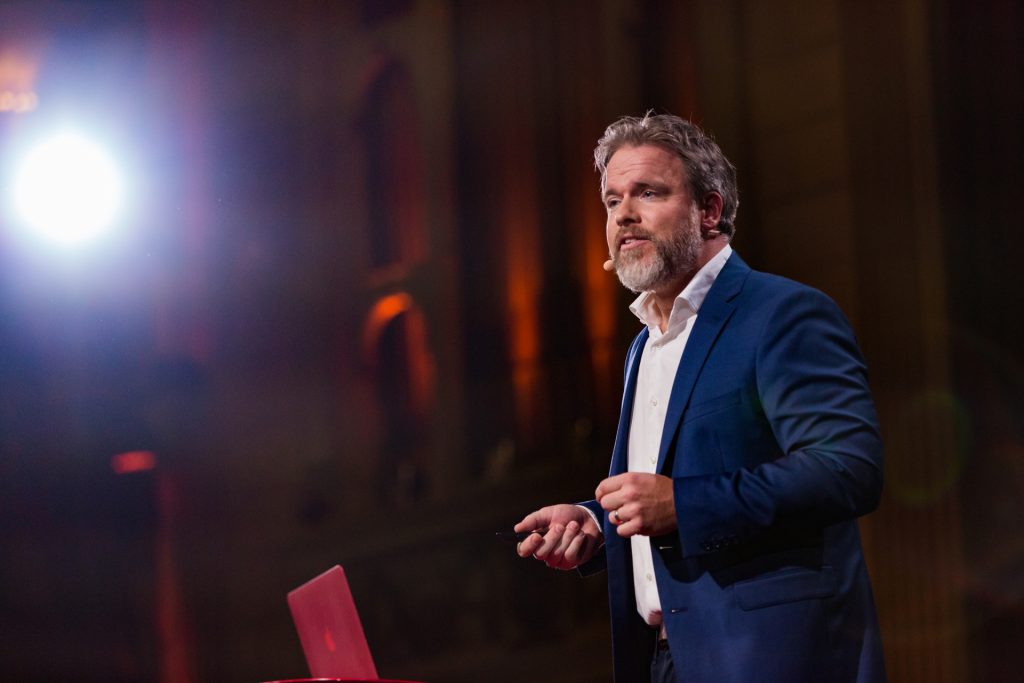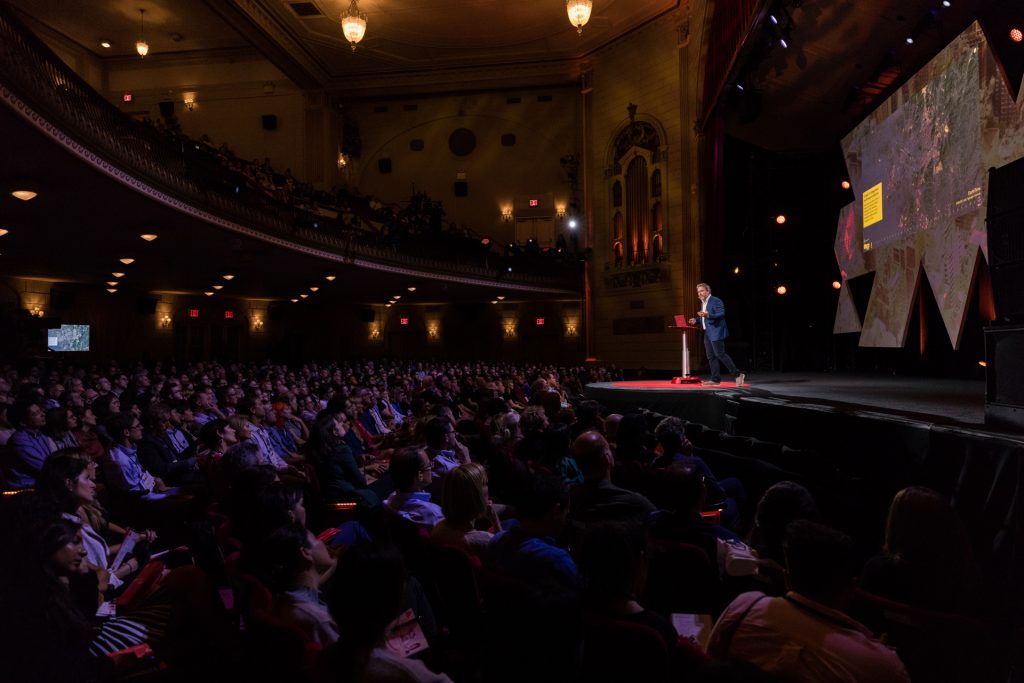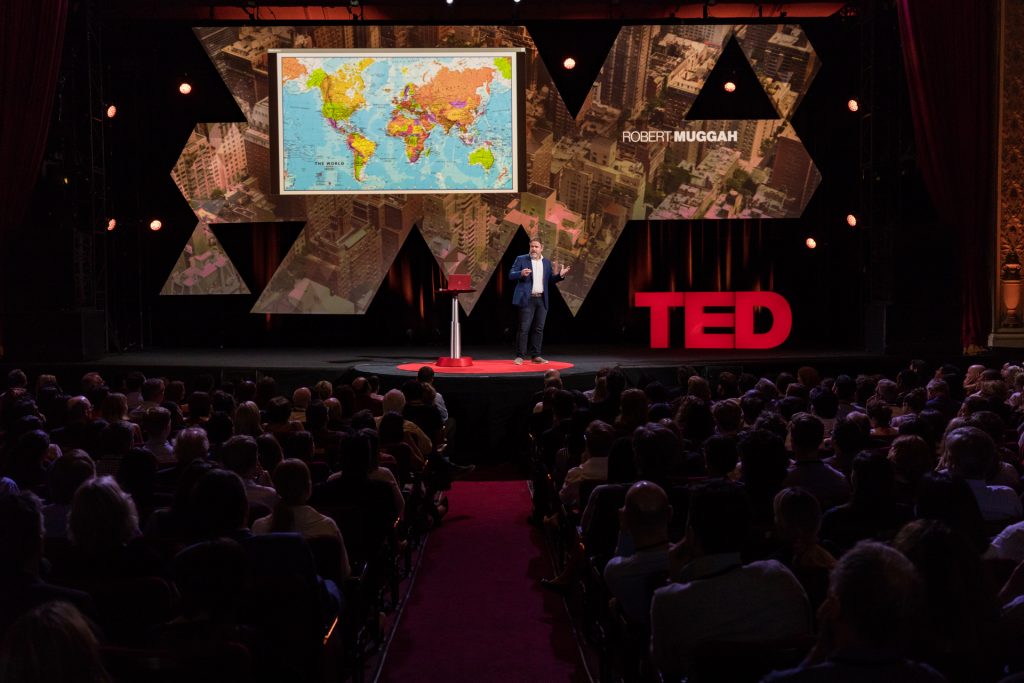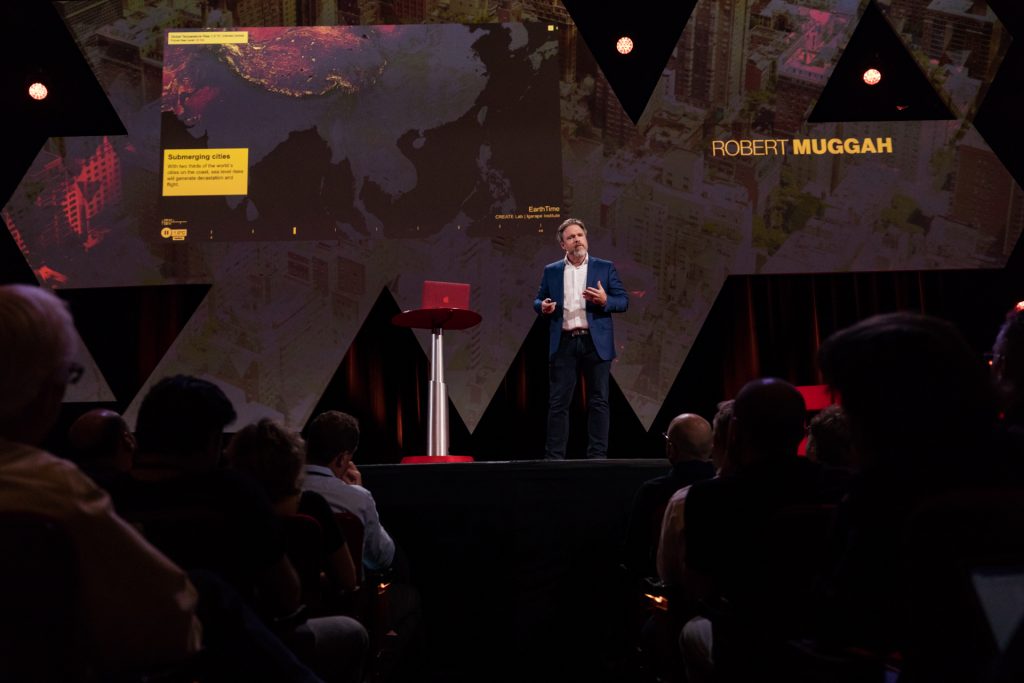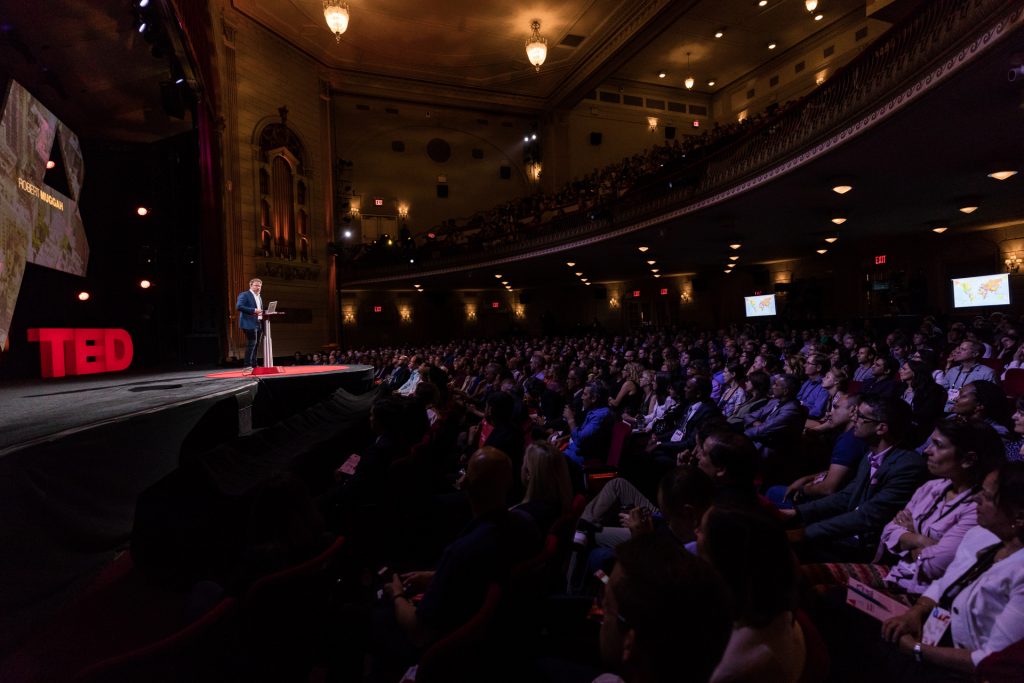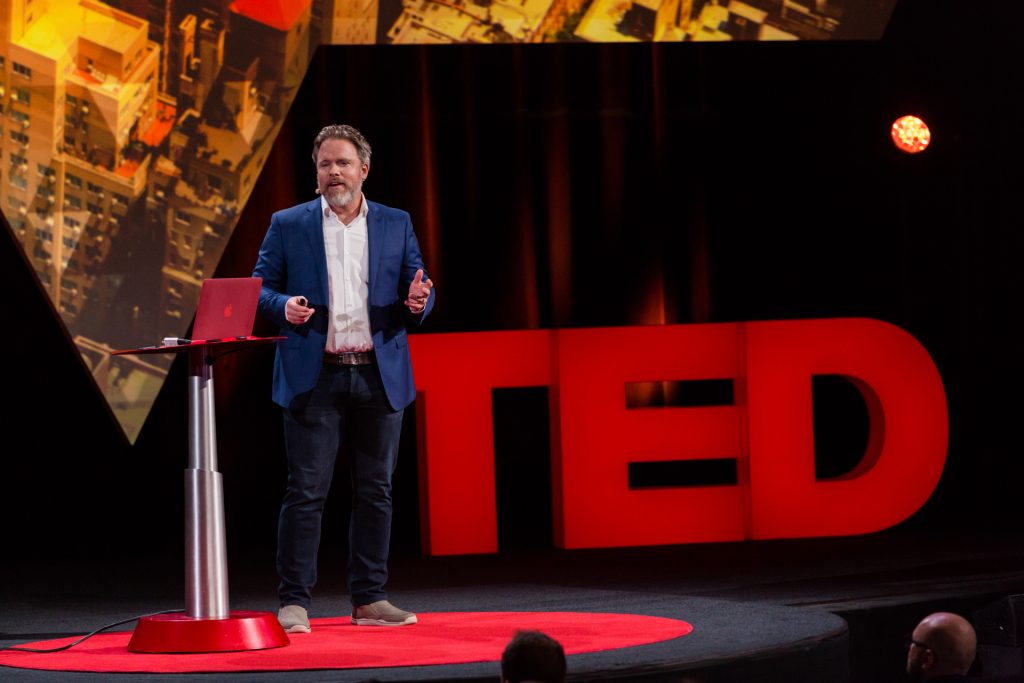Future visions: The talks of TEDGlobalNYC
Published originally in TED Blog in September 21, 2017 by Brian Greene, Chelsea Catlett, Crawford Hunt and Julia Dickerson
Building the resilient cities. With fantastic new maps that provide interactive and visual representations of large data sets, Robert Muggah articulates an ancient but resurging idea: that cities should be not only the center of economic life but also the foundation of our political lives. Cities bear a significant burden of the world’s problems and have been catalysts for catastrophe, Muggah says — as an example, he shows how, in the run-up to the civil war in Syria, fragile cities like Homs and Aleppo could not bear the weight of internally displaced refugees running away from drought and famine. While this should alarm us, Muggah also sees opportunity and a chance to ride the chaotic waves of the 21st century. Looking around the world, he puts down six principles for building the resilient city. For instance, he highlights integrated and multi-use solutions like Seoul’s expanding public transportation system, where cars once dominated how people move. The current model of the nation-state that emerged in the 17th century is no longer what it once was; nation-states cannot face global crises decisively and efficiently. But the work of urban leaders and coalitions of cities like the C-40 can guide us to a healthier, more peaceful planet.
- Robert Muggah speaks at TEDGlobal NYC, September 20, 2017, The Town Hall, NY, NY. Photo: Ryan Lash / TED
- Robert Muggah speaks at TEDGlobal NYC, September 20, 2017, The Town Hall, NY, NY. Photo: Ryan Lash / TED
- Robert Muggah speaks at TEDGlobal NYC, September 20, 2017, The Town Hall, NY, NY. Photo: Ryan Lash / TED
- Robert Muggah speaks at TEDGlobal NYC, September 20, 2017, The Town Hall, NY, NY. Photo: Ryan Lash / TED
- Robert Muggah speaks at TEDGlobal NYC, September 20, 2017, The Town Hall, NY, NY. Photo: Ryan Lash / TED
- Robert Muggah speaks at TEDGlobal NYC, September 20, 2017, The Town Hall, NY, NY. Photo: Ryan Lash / TED


